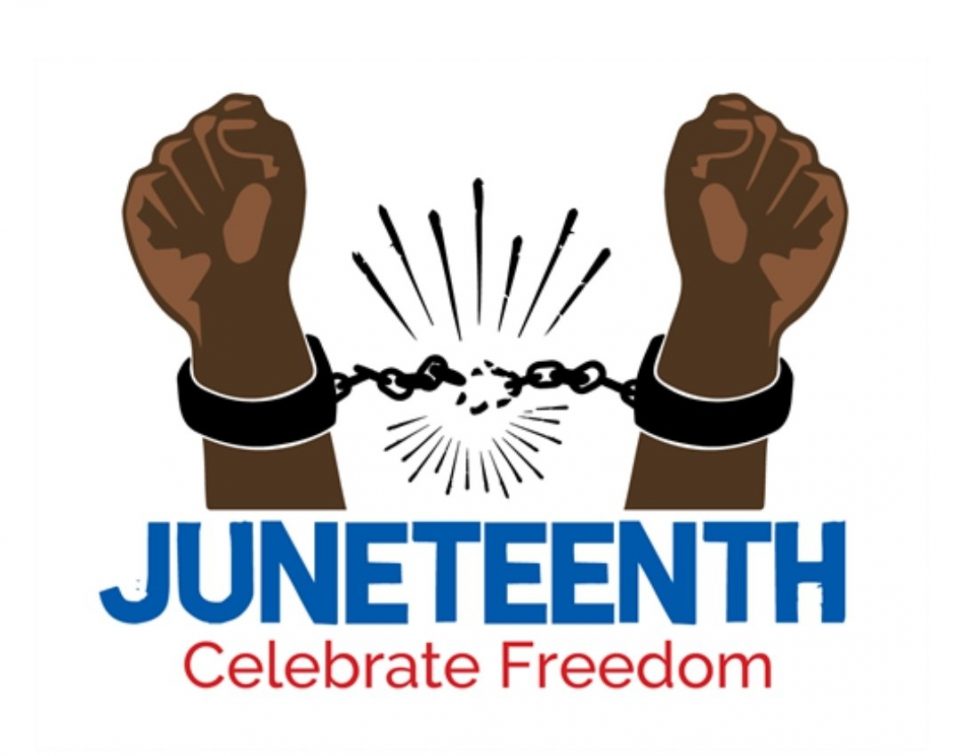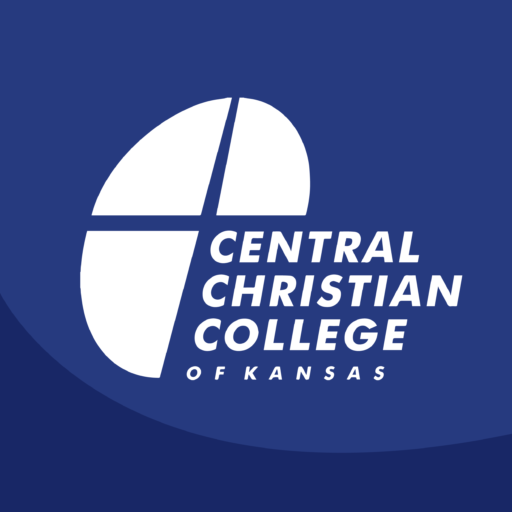McPherson, Kansas - Central Christian College of Kansas (CCCK) announced today it is adding two…
Juneteenth Proclamation

President Leonard Favara marked the 155th anniversary of Juneteenth with the following statement:
Central Christian College of Kansas has pronounced that starting with the 2020-2021 school calendar, June 19th shall be recognized as an official school holiday. All offices and classrooms (residential and online) will be closed to commemorate this day, providing time for the entire Central Christian family to reflect on ways we can engage a future that ensures freedom and justice for all.
Juneteenth, also called Freedom Day, Jubilee Day, and Cel-Liberation Day, commemorates June 19th, 1865, when the news of the Emancipation Proclamation finally reached the westernmost part of the United States. It was on that day that Union troops marched into Galveston Bay Texas announcing the “absolute equality of personal rights.” In many ways, that day truly represents a second Independence Day and should be remembered as it was on that day, with” prayer, singing, dancing, and feasting.”
While the idea that “all men were created equal” was embedded in the founding documents of our nation, its reality was unknown too many. The Emancipation Proclamation, signed by President Abraham Lincoln, opened the door to ensure that freedom was not the sole property of the right people, but ALL people. In Lincoln’s eyes, this proclamation was an “act of justice warranted by the Constitution” and ordained by Almighty God.
This is a perspective shared by Central Christian College of Kansas, influenced strongly by its affiliation with the Free Methodist Church. Since its inception, the Free Methodist Church has been dedicated to restorative justice. In fact, one of the very reasons the word FREE defines the church is related to the anti-slavery perspective and actions taken by the church when it was formed in 1860. As a Free Methodist College, Central Christian seeks to stand against the sin of slavery and we continue to recognize the sin of racism and oppose it in all its forms.
As a Free Methodist affiliated College, we have pledged to active concern whenever human beings are demeaned, abused, depersonalized, enslaved, or subjected to forces in the world, whether by individuals or institutions (Galatians 3:28; Mark 2:27; 1 Timothy 1:8-10). We are committed to give meaning and significance to every person by God’s help. Remembering our tendency to be prejudicial, as Christians we must grow in awareness of the rights and needs of others.
Racism represents an egregious affront to the dignity and worth of persons and its presence is manifest in the life, history and institutions of all nations. Slavery and genocide are grievous stains, warranting collective lament, repentance and repair. Racial oppression in all its forms continues to exact harm throughout the world distorting the dignity of persons and God’s love for the great multitude of all nations (Acts 17:26, Revelation 7:9).
Therefore:
- The College commits to an attitude of ceaseless humility and self-examination, recognizing the ease with which our own limitations can make us blind to the experiences and interests of others (Philippians 2:3-4)
- The College commits to a posture of humility and repentance for the ways that we have been complicit in or failed to recognize acts of racial oppression.
- The College commits to identify, confess and redeem thoughts, attitudes, or behaviors that manifest discrimination against a person on the basis of race, ethnicity or any other distinction between social groups that we create or enforce.
- The College commits, not just to avoid or sanction individual prejudicial attitudes and actions, but seek to redeem processes, systems and institutions that continue to perpetuate injustice on the basis of race or ethnic identity, recognizing that while individual racism is more easily identifiable because of its overt nature, systemic racism – the way in which human institutions or structures can both actively and passively preserve patterns of discrimination and exclusion – is less perceptible, but no less harmful.
- The College commits ourselves to model the racial redemption and reconciliation we hope to see in the world, proclaiming the transformative victory into places of great brokenness, looking forward to the day when all people gather before the throne of God.
The College has elected to commemorate this day in order to celebrate Freedom Day and to raise awareness of our ongoing need to address freedom for all people. While historians have designated the time following the Civil War as the Reconstruction Era, the truth is that reconstruction is ongoing. “Absolute equality of personal rights” achieved on June 19, 1865 was long overshadowed by Jim Crow Laws and Black Codes, and though the Civil Rights Movement has been instrumental in furthering the reality that “all people were created equal,” there is still work to be done.
ABOUT CENTRAL CHRISTIAN COLLEGE OF KANSAS
Central Christian College of Kansas is a four-year collegiate institution that strives to offer Christ-centered education for the whole person through four core characteristics: heart, soul, mind, and strength. Its history dates back to 1884, and it is located in the friendly town of McPherson, Kansas. Central is a strategically small college that offers over forty areas of residential study and a thriving online program for non-traditional students. To learn more about Central, go to centralchristian.edu/about. Visit the Foundation of Central Christian College to see what projects and events are coming up.






